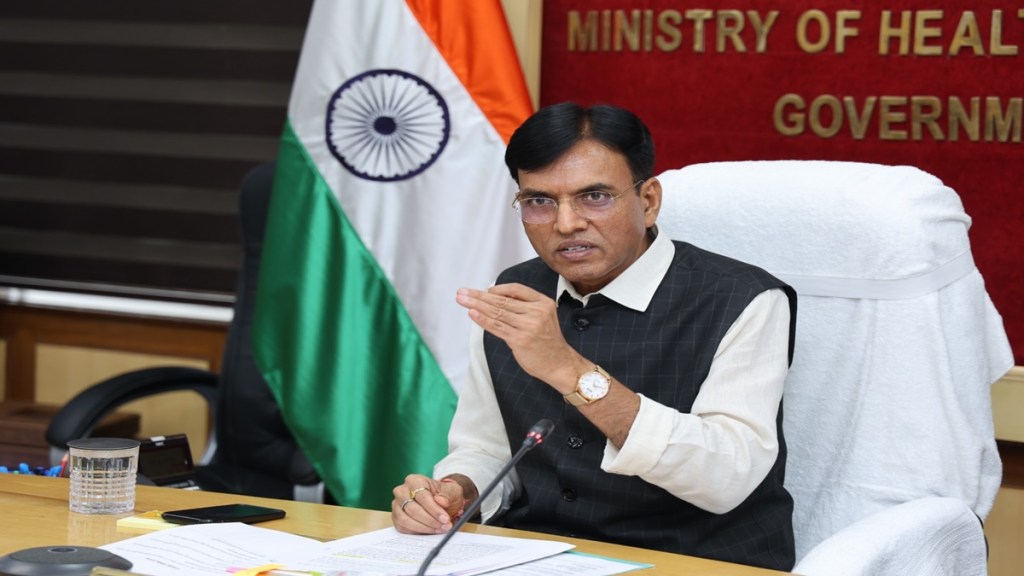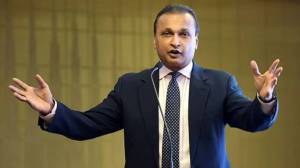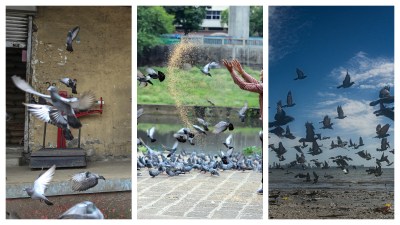Union health minster Mansukh L Mandaviya has underlined the Indian government’s commitment to help build global consensus towards efforts to ensure greater preparedness to handle future health emergencies and to work towards universal health coverage.
Delivering his inaugural address in Hyderabad at the G20 meeting of health experts and focussed on global vaccine research collaborative. Many of the delegates from all the G20 member countries and vaccine manufacturers attending the meeting pointed to the minister’s assurances that “India was committed to advancing health priorities, including pandemic preparedness, access to medicines, vaccines and on universal health coverage.”
He told them that “we must leverage India’s experience in these fields and accelerate vaccine development, especially for emerging and potential pathogens.”
The department of pharmaceuticals, he said, was “working with PATH and CEPI (Coalition for Epidemic Preparedness Innovations) to build consensus among various stakeholders from the G20 member states as well as with the special invitee countries for a proposed global vaccine research collaborative.” This initiative, he said, would focus on three elements – addressing major gaps in research for vaccine development before the next pandemic, establishing structure and principles for better vaccine R&D preparedness and creating a mechanism for improving coordination and promoting an enabling environment for vaccine R&D.
Through better cooperation and inclusivity, he felt, “we could create a more effective approach to vaccine research and development with particular focus on low and middle income countries.”
Urging all stakeholders to actively participate in the deliberations, discussions and contribute ideas and suggestions towards the proposed global vaccine research collaborative, he said it would provide crucial inputs towards measures to strengthen the medical counter measures platform.
The Covid 19 pandemic, he reminded, had demonstrated the importance of global collaboration in vaccine research and development. Pointing to the lead India had taken in this space, he said, “India has been a leader in vaccines R&D for several decades with experience in developing, producing and distributing vaccines for diseases such as polio, small pox and measles. We recognise that vaccine equity is essential and we are committed to ensuring that everyone, regardless of their income or nationality has access to life-saving vaccines.”
On how technology was leveraged, the minister referred to the CoWin portal launched by the government, which he said, played a crucial role in streamlining the vaccination process by enabling online registration, appointment booking and digital certification. The portal was instrumental in ensuring equitable distribution of vaccines, particularly in remote and hard-to-reach areas. India also launched several initiatives to boost vaccine production and distribution. The government, he reminded, had also provided financial incentives and streamlined regulatory process to encourage vaccine manufacturers to increase their production capacity. The government, he said, had also taken steps to ensure the availability of vaccines in rural areas by leveraging existing infrastructure of primary healthcare centres and other healthcare facilities.
The Indian government, the minister said, had taken a proactive approach to address vaccine hesitancy and misinformation through massive public awareness campaign. “The government also enlisted the support of celebrities, religious leaders and community influencers to promote vaccine acceptance,” he said.
International cooperation, the minister reiterated, was essential to advance vaccine development for emerging pathogens and the G20 could serve as a platform to facilitate collaboration between government, research organisations, pharmaceutical companies and other stakeholders.









